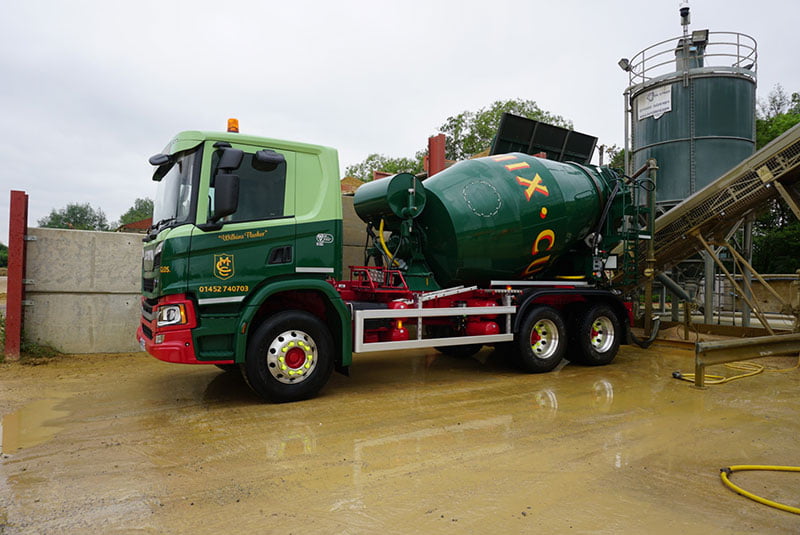All ranges of concrete are approved by Karl Friston – Cullimore Mix Manager. We also carry out a concrete cube testing facility.
We supply to major construction companies and small DIY businesses who both supply a valuable service to the local communities.
- Standardised prescribed concrete: ST1 | ST2 | ST3 | ST4 | ST5
- General concrete: GEN0 | GEN1 | GEN2 | GEN3
- Reinforced concrete: RC20/25 | RC25/30 | RC28/35 | RC32/40 | RC35/45 | RC40/50
- Paving concrete: PAV1 | PAV2
- Foundation concrete: FND2 | FND3 | FND4





